Threads of Time: Exploring the Deep Knowledge and Passion for Fashion History and Culture
In a world where trends flicker in and out of existence with the speed of a mouse click, the rich tapestry of fashion history often fades into the background. Yet, every garment tells a story, a narrative woven through time that reflects societal shifts, cultural movements, and personal expressions. “Threads of Time” invites you on a journey to unravel the intricate connections between fashion and culture, exploring the deep knowledge held by historians, designers, and enthusiasts alike. From the clattering of wooden heels in the Victorian era to the vibrant street styles of the present day, fashion serves as a mirror to our collective consciousness. Join us as we delve into the archives, unravel forgotten anecdotes, and celebrate the passion that fuels an enduring love for fashion history—a passion that threads together generations, styles, and stories into a rich, colorful panorama of human experience.
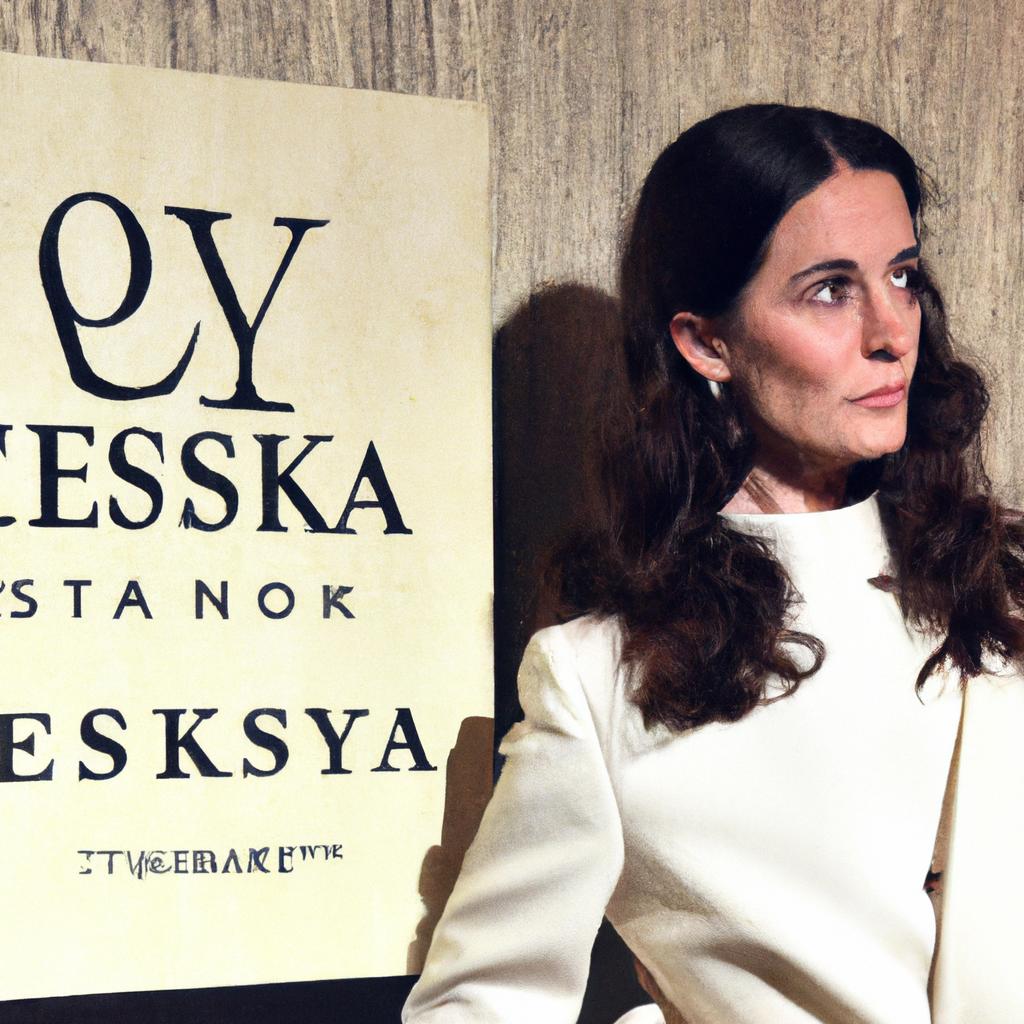
Unveiling the Legacy: Key Eras That Shaped Fashion History
Throughout the decades, fashion has acted as a mirror reflecting societal shifts, cultural movements, and technological advances. Each era in fashion history is marked by distinctive styles and innovations that tell stories of the time. From the opulent fabrics of the **Renaissance**, which celebrated artistry and craftsmanship, to the rebellious spirit of the **1920s flappers**, who challenged societal norms with their daring silhouettes, fashion has often been at the forefront of cultural revolutions. These eras have not only defined aesthetics but have also influenced socio-economic dynamics, allowing individuals to express their identity and socio-political views through their attire.
Prominent fashion movements emerged as responses to historical contexts, resulting in a rich tapestry of styles that resonate today. Consider the following pivotal moments:
- The Victorian Era: Characterized by intricate designs, corsetry, and a strict social code, reflecting the complexities of class and gender.
- The Roaring Twenties: Marked by liberation and the infusion of jazz culture, leading to shorter hemlines and a preference for comfort.
- The 1980s: Dominated by bold colors and oversized silhouettes, echoing a surge in consumerism and the rise of pop culture icons.
This rich history captivates fashion enthusiasts and scholars alike, encouraging an appreciation for the creativity and passion embedded in every thread of clothing.
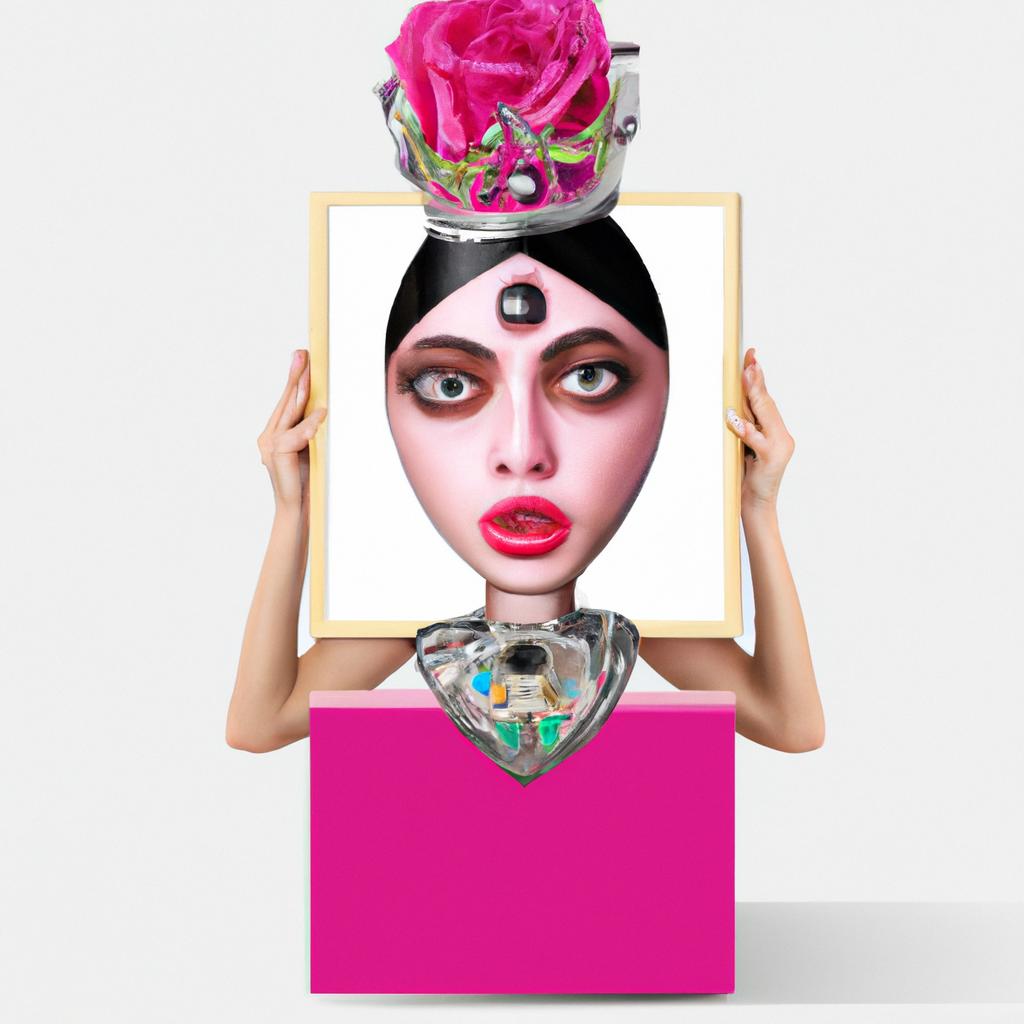
The Art of Narrative: How Fashion Mirrors Cultural Shifts
The evolution of fashion is a tapestry woven with threads of social, political, and economic narratives, each stitch a reflection of the time’s ethos. Across decades, **fashion choices** have illuminated the undercurrents of cultural identity and societal values. From the **flamboyant silhouettes of the 1920s**, echoing the liberation of the flapper era, to the **minimalist lines of the 1990s**, signaling a collective retreat from excess, our attire is a mirror to the prevailing mood of society. In this intricate dance, we can observe how clothing often serves not just as protection or ornamentation but as a **powerful statement** of personal and communal identity.
Consider the **impact of socio-political movements** on fashion, as styles emerge that articulate resistance, aspiration, and change. During the civil rights movement, clothing became a vehicle for expressing solidarity and defiance, with individuals donning symbols that signified unity and strength. Similarly, today’s **sustainability trend** in fashion reflects a consciousness shift towards environmental advocacy, with consumers favoring brands that prioritize ethical practices and eco-friendly materials. As we connect the dots between fashion and culture, we uncover a rich narrative that tells not only of personal style but also of the collective heartbeat of society.

Preserving Heritage: Resources and Communities for Fashion Enthusiasts
As fashion enthusiasts delve into the tapestry of fashion history, it becomes essential to connect with communities and resources that celebrate and preserve this cultural heritage. Libraries, museums, and digital archives serve as invaluable treasure troves, where one can uncover the intricate narratives behind garments and textiles. Here are a few **key resources** that help bridge the gap between past and present:
- Fashion Archives: Institutions like The Museum at the Fashion Institute of Technology and the Victoria and Albert Museum offer extensive collections and exhibitions.
- Online Databases: Platforms like the Digital Public Library of America and Europeana provide access to digitized fashion history resources.
- Local Workshops: Community workshops and events held by local artisans foster hands-on engagement and understanding of traditional crafting techniques.
Engaging with various communities further enriches the journey of exploring fashion history. Whether through collaborative projects or inspiring discussions at local boutiques, these connections help keep the spirit of fashion alive in new and innovative ways. Consider participating in or supporting **local initiatives** such as:
- Fashion History Meetups: Networking events for enthusiasts to share insights and stories.
- Pop-Up Exhibitions: Temporary displays that highlight specific eras or cultural influences in fashion.
- Online Forums: Digital spaces where fashion lovers can discuss their passion, share resources, and critique contemporary trends through a historical lens.
In Summary
As we conclude our journey through the intricate tapestry of fashion history and culture in “Threads of Time,” we are reminded that clothing is more than mere fabric; it is a profound reflection of our collective identity, values, and aspirations. Each era, each trend, and each unique creation tells a story – a narrative steeped in tradition, innovation, and an ever-evolving dialogue between the personal and the societal.
By delving into the nuances of fashion, we not only celebrate the artistry involved but also embrace the rich cultural landscapes that shape our understanding of style. As we look back on the threads that weave together our past, let us also remain curious about the future, recognizing that the choices we make today will undoubtedly influence the fashions of tomorrow.
In a world where trends come and go faster than the blink of an eye, the deeper knowledge we cultivate about fashion history equips us with the insight to make informed, meaningful choices. It empowers us to appreciate the artistry and the context behind what we wear, transforming our understanding into an enriching experience that transcends the merely aesthetic.
So, as we hang up our hats and close the pages on this exploration, let us continue to celebrate the enduring influence of fashion in our lives, embracing it as the vibrant thread that connects us all across time and culture. Remember, every garment carries a story; it’s up to us to listen.

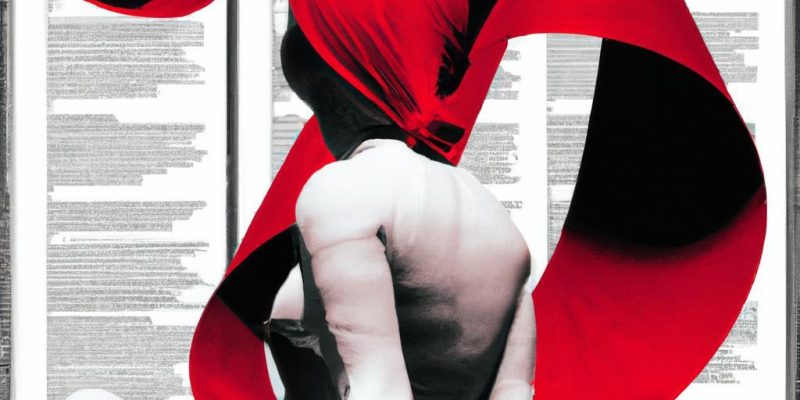


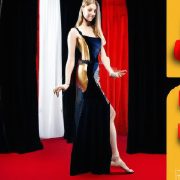




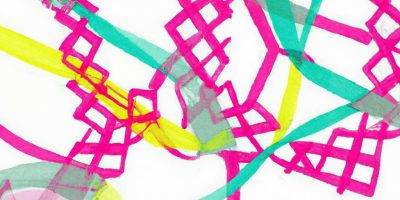

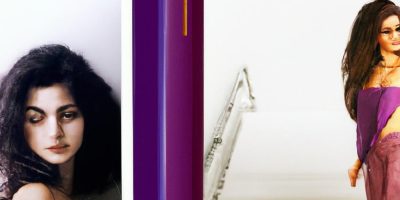






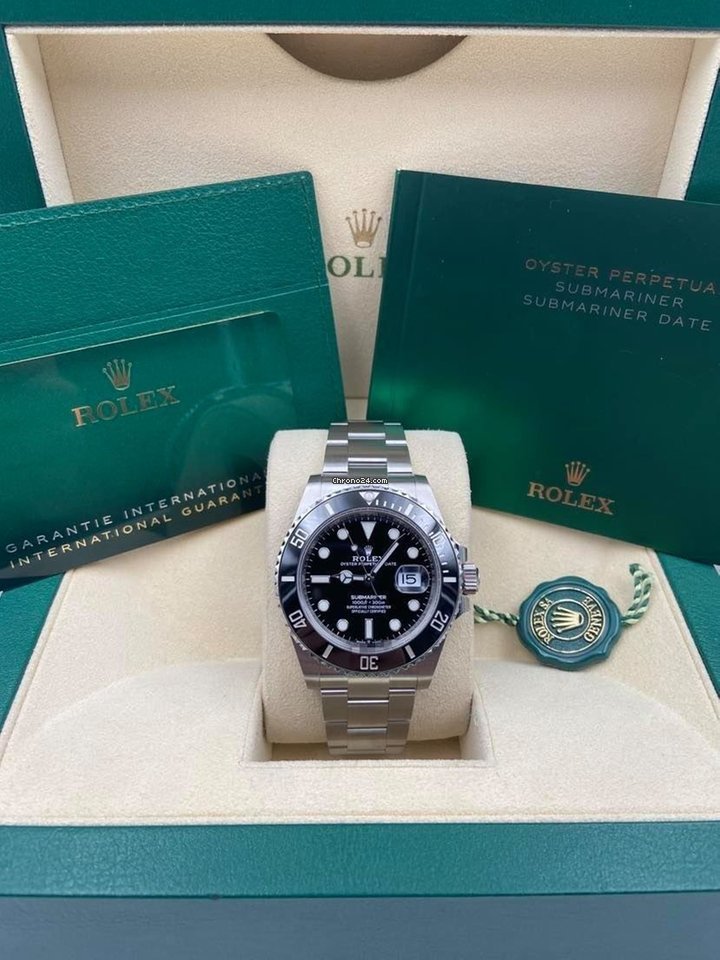


Comments